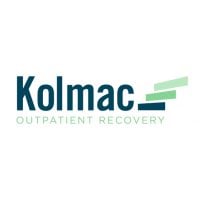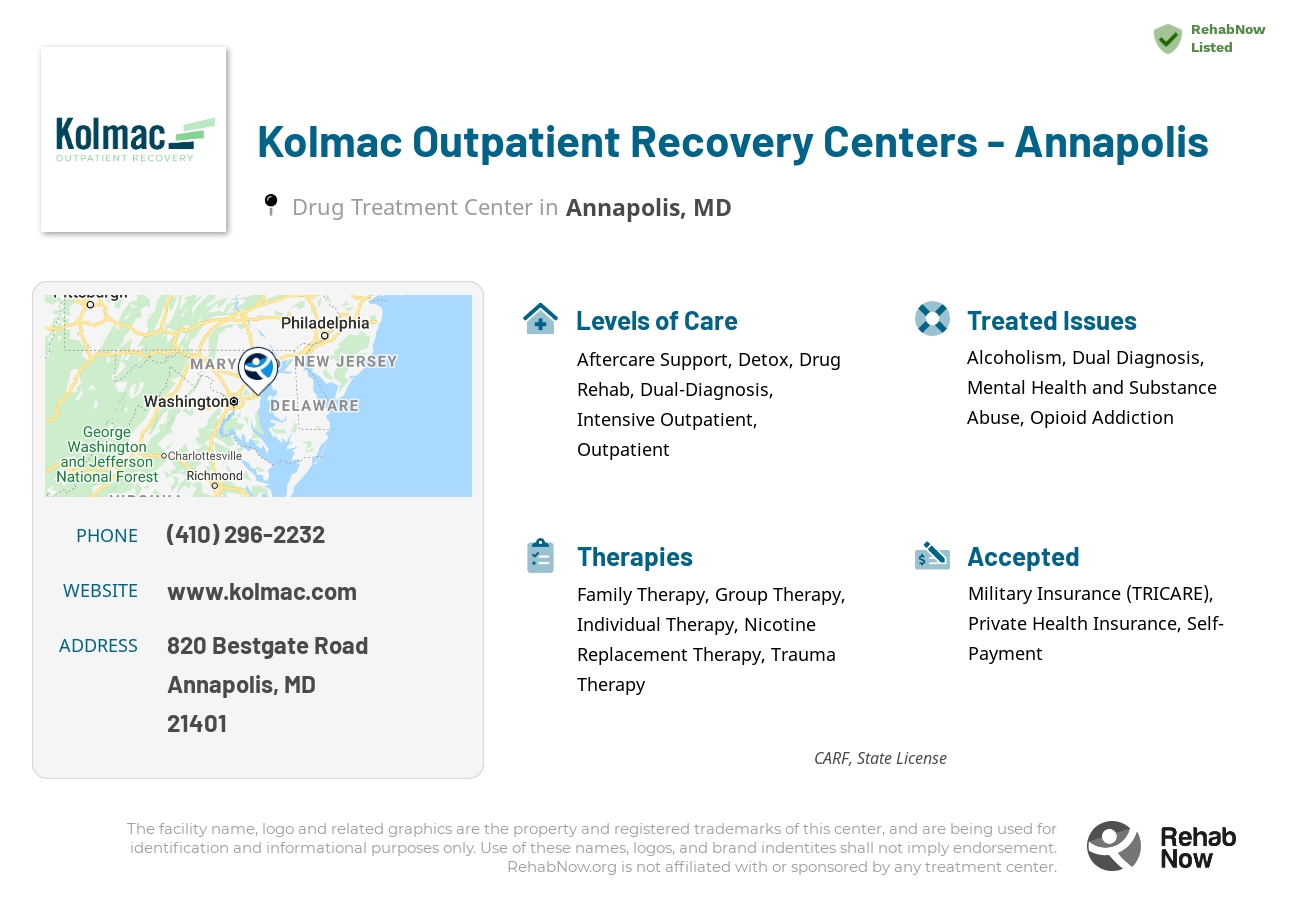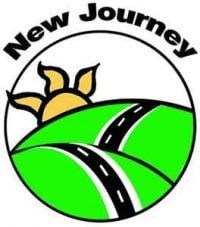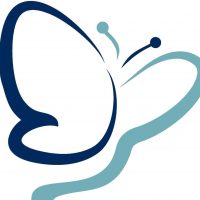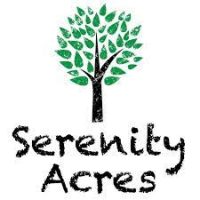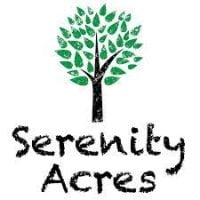Kolmac Outpatient Recovery Centers - Annapolis
Drug Rehab Center in Annapolis, Maryland
Kolmac Outpatient Recovery Centers - Annapolis is an established and accredited Addiction Treatment Facility in Annapolis, MD with a team of dedicated professionals offering tailored drug rehab programs with specialized detoxification, dual diagnosis treatment, and aftercare support to ensure lasting sobriety and prevent relapse since 1973.
About This Maryland Facility
Kolmac Outpatient Recovery Centers - Annapolis is an addiction treatment facility located in Annapolis, Maryland. Established in 1973, this center specializes in providing comprehensive care for individuals suffering from alcoholism, opioid addiction, dual diagnosis, drug addiction, and substance abuse. Accredited by LegitScript, CARF, and holding a state license, Kolmac Outpatient Recovery Centers - Annapolis adheres to the highest standards of quality and safety in addiction treatment. They offer a range of services including detox, drug rehab, dual-diagnosis treatment, intensive outpatient programs, outpatient programs, and intervention levels of care. With their commitment to individualized care and evidence-based practices, Kolmac Outpatient Recovery Centers - Annapolis is dedicated to helping individuals on their journey towards recovery.
Kolmac Outpatient Recovery Centers - Annapolis provides a variety of specialized services for individuals struggling with addiction and substance abuse. Their offerings include aftercare support, detoxification programs, drug rehab programs, dual-diagnosis treatment, intensive outpatient programs, outpatient programs, and intervention levels of care. Through these services, individuals can receive personalized treatment plans tailored to their unique needs and circumstances. Kolmac Outpatient Recovery Centers - Annapolis believes in a holistic approach to recovery, addressing not only the addiction itself but also underlying mental health issues that may contribute to substance abuse. By combining evidence-based therapies, counseling, and support groups, they aim to provide comprehensive care and support for individuals on their path to recovery.
Genders
Ages
Modality
Additional
Accreditations
State License

LegitScript

CARF
The Commission on Accreditation of Rehabilitation Facilities (CARF) is a non-profit organization that specifically accredits rehab organizations. Founded in 1966, CARF's, mission is to help service providers like rehab facilities maintain high standards of care.
Conditions and Issues Treated
Substance Abuse Treatment is important when getting sober, as it helps addicts learn the skills they need to live a clean life. There are many different kinds of recovery treatment, including medication-assisted therapy, behavioral therapeutic approaches and self-help groups, as well as counseling.
Opioid abuse has become a national epidemic in the last decade. The US has one of the world’s highest rates of opioid use and abuse, as well as opioid-related deaths. Opioids are classified as Schedule II-IV controlled substances in the US due to their high potential for abuse.
Oxycodone, hydrocodone, methadone, and fentanyl are the most common Opioids and are commonly prescribed to treat pain. Tolerance to opioids develops over time, making life difficult, if not impossible, without them. Opioid users often obtain the drugs illegally. They can be drug dealers, friends, or family members who do not have valid prescriptions.
The desire for a more intense high than prescription opioids can quickly lead to heroin use. Heroin users are more prone to illness and death due to the high risk of overdose.
Many opioid addicts who seek treatment believe that the only way to overcome their addiction is through medical detox and long-term drug addiction rehab. To help patients wean off their addiction and reduce the risk of overdose, medication-assisted therapy (MAT) involves prescribing a replacement opioid. Doctors use MAT in conjunction with other anti-craving medications to help patients maintain recovery. Due to the high risk of relapse, MAT is often combined with individual and group counseling and social support programs.
When addiction and psychiatric issues co-occur, the addict’s recovery is more successful when both conditions are treated. A dual diagnosis refers to a condition in which the patient is diagnosed with two health issues: addiction and bipolar disorder. The most common therapies are psychotherapy, behavioral therapy, spiritual counseling, 12-step programs, and medication management.
Levels of Care Offered at Kolmac Outpatient Recovery Centers - Annapolis
This center offers a variety of custom treatment tailored to individual recovery. Currently available are Aftercare Support, Detox, Drug Rehab, Dual-Diagnosis, Intensive Outpatient, Intervention, Outpatient, with additional therapies available as listed below.
The detoxification process typically includes some combination of the following: medical supervision, medication to help alleviate withdrawal symptoms, drug testing to monitor progress, and counseling.
Tackling the physical symptoms of withdrawal is essential to ensure that an individual can focus on the psychological aspects of the addiction without focusing on the physical pain that comes with withdrawal.
Withdrawal symptoms can be uncomfortable, even life-threatening, so carefully managing the detox process is extremely important. In many cases, more advanced pharmaceutical interventions are used to treat more severe withdrawal symptoms. Medication might help alleviate discomfort associated with detox, including nausea and headaches.
Intensive outpatient treatment is a form of addiction care that allows patients to continue living at home while undergoing treatment. This type of care is appropriate for patients who have been treated in residential treatment programs. Intensive outpatient programs include regular visits to the facility providing therapy, and patients gradually return to their routine life. IOP benefits most when patients have a supportive family member or friend to help them recover.
The first step to getting into an intensive outpatient program is to attend a detoxification facility. Detoxification facilities are designed to remove substances from the body safely. The patient will attend sessions designed to help them understand their addiction and its impact on their lives. While in an intensive outpatient program, therapy sessions are scheduled three to five times per week, with the patient attending no more than two sessions in one day.
An outpatient treatment program is set up to help with alcohol or drug addiction or a co-occurring disorder. The patient must attend the facility for their therapy and other programs but can return home each night.
The frequency of mandatory attendance decreases after much of Kolmac Outpatient Recovery Centers - Annapolis‘s program is complete.
Outpatient treatment is a recovery approach that allows recovering addicts to live at home while getting rehab for addiction
An outpatient can include day treatments which include attending group sessions one hour per week. A person living in an outpatient environment may be allowed the opportunity to work full time if they choose to and continue studies without interruption from drugs/alcohol.
Outpatient treatment is an option for people who want to maintain their careers and families. Outpatients live at home but attend treatment such as individual counseling, group counseling, or twelve-step meetings during the day.
Interventionism is a technique used to help an addict get clean and sober. The process begins with the addict’s family, friends, and co-workers gathering together to confront the addict about their addiction. This kind of treatment aims to get the addict in touch with their feelings about their addiction. They are encouraged to speak honestly about their drug use, as well as how it’s making them feel. Most addicts come to understand that their loved ones are only trying to help them.
Aftercare support is vital to the success of someone in drug or alcohol treatment. It involves assisting with entering a sober living home, getting career counseling or educational assistance and even getting the individual lined up with programs like AA and NA. This support helps recovering addicts readjust to normal day-to-day activities and maintain sobriety.
When a person is in drug or alcohol treatment, they have to increase their focus on themselves. They need to learn how to recognize the triggers that cause them to relapse and learn the habits that would benefit them if they were to be sober. This is all part of the growth in recovery, and aftercare is essential to that process.
Therapies & Programs
At Kolmac Outpatient Recovery Centers - Annapolis , to learn from past mistakes and improve one’s situation, the recovering person meets individually with a therapist. The counselor or therapist will address addiction causes, triggers, mental issues, dual diagnosis, and aftercare plans during this time. This is a very intense and challenging process. Some clients find it easier to open up to someone other than family or friends who understand their struggles with addiction.
Family therapy is a crucial part of drug treatment and getting sober. It is one of the most effective ways to help addicts stay on the path to long-term sobriety. An addict’s family can play a vital part in helping them to avoid relapse. They can spot the warning signs and help them get back on track.
In group therapy, recovering addicts meet with a therapist and other people in recovery. Some groups are closed, meaning only people who share the same addiction or problem can attend. Others are open to anyone who wants to stop using drugs or drinking alcohol. Group therapy sessions typically focus on one topic each week or month so that recovering addicts can discuss issues they face daily.
Trauma therapy allows people to face and learn from past traumas.
Many people suffer childhood traumas that lead to adult addiction. During treatment at Kolmac Outpatient Recovery Centers - Annapolis [/type], you can move forward in your recovery and reclaim your sober future! Trauma is a common cause of psychological disorders like Addiction Disorder. It’s common in Addictive Disorders patients because traumatized people have strong emotions or thoughts that lead to addictive behaviors.
Cognitive Behavioral Therapy (CBT) is based on the idea that how we feel, think and act all interact together. It helps people explore their thoughts for problems (or false beliefs) that influence their mood and actions. CBT is very goal-oriented, which means that the therapist and patient work together on a specific problem. In addition to helping a client focus on thoughts that can be changed, CBT also allows them to take an active role in their treatment. Our thoughts determine our feelings and behaviors; our feelings affect our thoughts, and our behaviors change our thoughts and feelings.
Nutrition therapy has been used to help drug addicts for decades. Many early reports on addiction treatment indicate that some patients recovered from the “satisfying power of food”. For years, this phenomenon has been utilized as a treatment modality in eating disorders for adults, adolescents, and children.
Specific nutrients have been identified that influence neurotransmitters associated with reward pathways of the brain. Studies have shown that carbohydrate loading with complex carbohydrates to elevate serotonin levels was effective in treating bulimia nervosa. This approach prompted researchers to explore the use of this type of nutritional intervention in other disorders.
The goal of nicotine replacement therapy is to provide a safe alternative for people trying to quit smoking. It does this by giving small doses of nicotine that help manage cravings while breaking habits associated with cigarettes.
Nicotine Replacement Therapy (NRTC) uses products like skin patches and gum that deliver low-dose nicotine, which prevents cravings in those quitting. This makes it easier for them to make a gradual transition from smoker to non-smoker.
Payment Options Accepted
For specific insurance or payment methods please contact us.
Is your insurance accepted?
Ask an expert, call (888) 674-0062
Kolmac Outpatient Recovery Centers Associated Centers
Discover treatment facilities under the same provider.
- Kolmac Outpatient Recovery Centers - Baltimore in Baltimore, MD
- Kolmac Outpatient Recovery Center - Silver Spring in Silver Spring, MD
- Kolmac Outpatient Recovery Centers - Columbia in Columbia, MD
- Kolmac Outpatient Recovery Centers - Towson in Towson, MD
- Kolmac Outpatient Recovery Centers - Frederick in Frederick, MD
Learn More About Kolmac Outpatient Recovery Centers Centers
Additional Details
Specifics, location, and helpful extra information.
Annapolis, Maryland 21401 Phone Number(410) 296-2232 Meta DetailsUpdated November 25, 2023
Staff Verified
Is Kolmac Outpatient Recovery Centers – Annapolis a LegitScript Verified Treatment Facility?
According to our most recent records, we have found this center to be LegitScript verified.
Patient Reviews
There are no reviews yet. Be the first one to write one.
Annapolis, Maryland Addiction Information
For the past decade, Maryland's rate of drug use and abuse has significantly increased. The overdose rate is currently higher than the national average. This epidemic is due to the many industries where manual labor is required. As soon as prescription opioids were more readily accessible a large part of manual workers started using–and eventually abusing–the painkillers.
4,000 people are living in Annapolis, Maryland who struggle with drug or alcohol addiction. About 36% of all drug-related arrests in Annapolis involve prescription drugs. 45% of drug addicts began using them before the age of 18. Numerous drug dealers are operating in the city and drugs can be purchased easily on the street. Despite these challenges, help is available. Drug treatment centers in Annapolis can provide the necessary support.
Treatment in Nearby Cities
- Rosedale, MD (22.6 mi.)
- Temple Hills, MD (25.1 mi.)
- Mardela Springs, MD (56.1 mi.)
- Chestertown, MD (29.7 mi.)
- Berlin, MD (85.2 mi.)
Centers near Kolmac Outpatient Recovery Centers - Annapolis
The facility name, logo and brand are the property and registered trademarks of Kolmac Outpatient Recovery Centers - Annapolis, and are being used for identification and informational purposes only. Use of these names, logos and brands shall not imply endorsement. RehabNow.org is not affiliated with or sponsored by Kolmac Outpatient Recovery Centers - Annapolis.
